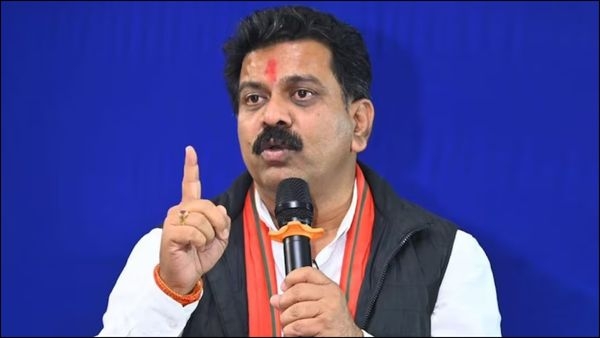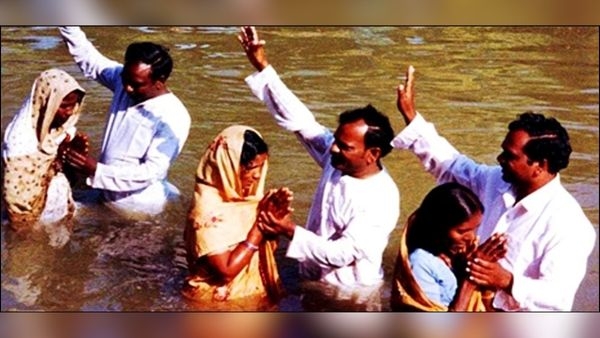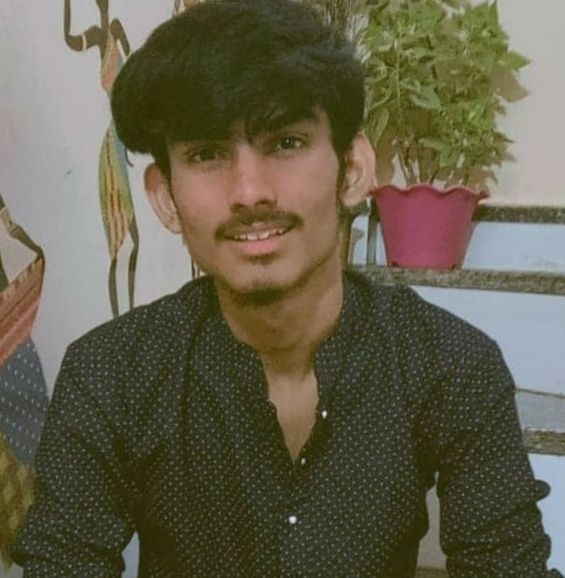Rising Forced Conversions in Tribal Chhattisgarh Spur Government to Bring Tougher Law
As conversion-related tensions rise across tribal belts, Chhattisgarh gears up for stricter legislation to prevent coercion and protect traditional belief systems.
Total Views |

Chhattisgarh has historically witnessed a concerning rise in instances of forced religious conversions, particularly into Christianity. Reports and local testimonies from various districts state that these conversions have been driven by coercion, inducement, or socio-economic pressure.
Historically, missionary activities in the tribal and rural belts of the state have been associated with systematic efforts to alter religious demographics. Through a mix of material incentives, emotional manipulation, and exploitation of poverty and illiteracy, a large number of vulnerable families have been converted to Christianity, often without a clear understanding of the faith they were being drawn into.
And in response to it, the BJP-led government of Chhattisgarh is all set to introduce strict laws against such conversions to curb the influence of anti-national forces dismantling the social structure of Bharat.
On the 14th of October, Chhattisgarh’s Deputy Chief Minister Vijay Sharma remarked, “An Act will be introduced in the upcoming session (of the State Assembly), which I believe will be a step ahead of the existing Acts in other states, as it incorporates everyone’s experiences (provisions in force in other states).”

“Additionally, there are things like ‘changai sabha’, which everybody understands are misleading. Therefore, these things must be stopped. This requires legal provisions, which will be included in the upcoming Act,” he added.
(Changai Sabha are the proposed healing meetings, where Christian missionaries attempt to attack the faith of common men attending it and lure them via different means towards forced conversions.)
Major Reported Cases of Conversions in 2025
1. Date: July 2025
Location: Narayanpur–Durg
Details: Two Catholic nuns, Sister Preeti Mary and Sister Vandana Francis, along with a laywoman, Sukaman Mandavi, were arrested for trafficking three tribal girls to Agra under the pretext of offering them nursing jobs.
Allegation: The girls were reportedly being taken for religious indoctrination and forced conversion.
Current Status: The case is under investigation; authorities have invoked provisions of the Chhattisgarh Religious Freedom Act and human trafficking statutes.
2. Date: February–March 2025
Location: Amleshwar, Durg District
Details: Local residents lodged complaints against a house prayer meeting allegedly used as a front for conversion.
Outcome: Police detained nearly 100 attendees and arrested three individuals, including a pastor.
3. Date: April 2025
Location: Bahatarai, Sarkanda area (Bilaspur)
Details: A pastor and his wife, along with four others, were arrested for holding so-called healing meetings where villagers were told their illnesses would be cured through faith in Christianity.
Allegation: Use of fraudulent miracles and financial incentives to lure Hindus into conversion.
4. Date: April 2025
Location: Holy Cross Nursing College, Jashpur
Details: A final-year nursing student accused the college principal, a nun, of attempting to pressure her into adopting Christianity.
Action Taken: FIR filed under non-bailable sections; case under judicial scrutiny.
Significance: Highlights how conversion efforts have now penetrated educational institutions, targeting youth under subtle coercion.
5. Locations: Mungeli, Korba, Surguja
Pattern Observed: Pastors allegedly visiting villages, denigrating Hindu deities, and offering money, medicine, and livelihood assurances in exchange for conversion.
Social Impact: Growing resentment among tribal villagers and frequent confrontations reported with local Hindu organisations.
Need of ‘Strict’ & ‘Stringent’ Laws

The forced conversions target altering the religious and social ratio in tribal pockets of Chhattisgarh. The local leaders and cultural organisations warn that these activities are eroding traditional belief systems and replacing centuries-old customs with alien practices.
India’s Constitution guarantees every citizen the right to freely profess, practise, and propagate their religion (Article 25).
However, this freedom ends where coercion begins. When anti-Hindu individuals or organisations use force, fraud, and inducement to change someone’s faith, they steal away the right of that individual to truly and fairly practise their faith and force them into the foreign religions. The stricter anti-conversion laws will ensure that faith remains a matter of choice and consciousness, not compulsion, and no religion is forced on anyone in any way.
At present, the cases of conversions are covered under the Chhattisgarh Freedom of Religion Act, 1968, which was originally adapted from the Madhya Pradesh Dharma Swatantraya Adhiniyam, 1968, after the formation of Chhattisgarh in 2000.
Though the law prohibits conversion from one religion to another by the use of force, fraud, or inducement. The recent cases in Chhattisgarh, which involve large-scale organised efforts to convert tribals under the guise of education, healing, or employment, have revealed gaps in enforcement and punishment; therefore, they demand more strict and stringent laws against the forced conversions.
Report by

Kewali Kabir Jain
Journalism Student, Makhanlal Chaturvedi National University of Journalism and Communication

